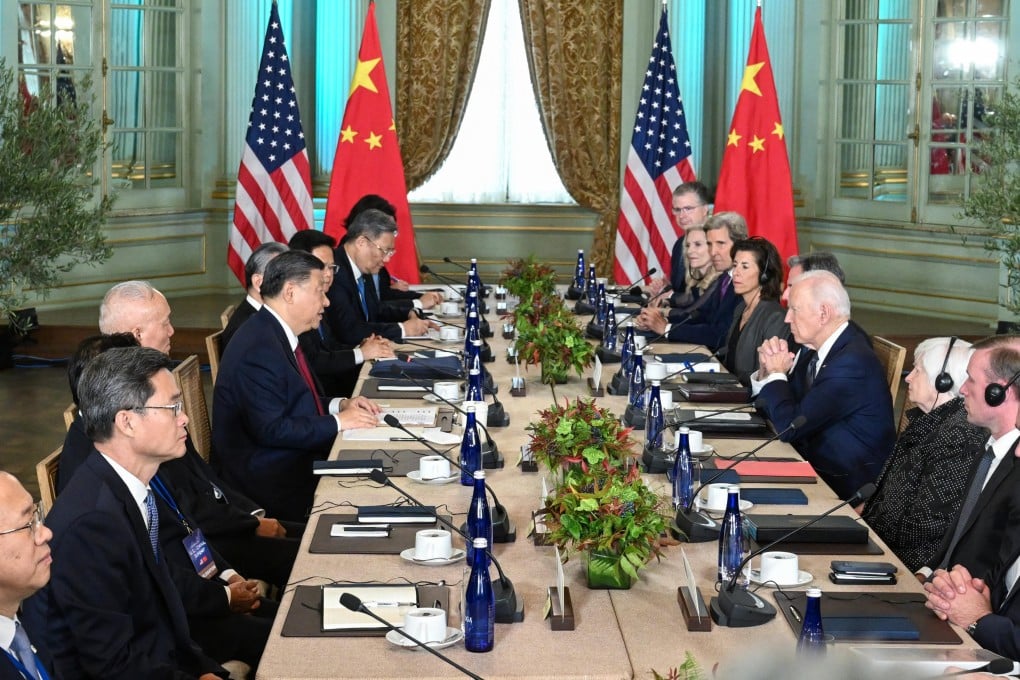Advertisement
Global Impact: Xi-Biden Apec meeting creates more questions than answers with many contentious issues still on the table
- Global Impact is a weekly curated newsletter featuring a news topic originating in China with a significant macro impact for our newsreaders around the world
- In this issue, we reflect on the meeting between Joe Biden and Xi Jinping before the Asia-Pacific Economic Cooperation (Apec) leaders’ summit in San Francisco
Reading Time:8 minutes
Why you can trust SCMP

Global Impact is a weekly curated newsletter featuring a news topic originating in China with a significant macro impact for our newsreaders around the world. Sign up now!
In the year between Joe Biden and Xi Jinping’s most recent face-to-face meetings – from the G20 in Indonesia to the Asia-Pacific Economic Cooperation (Apec) leaders’ week in San Francisco – history is neither repeating nor rhyming. It seems, rather, to be accelerating to the point where deep analysis is all but impossible.
In that time, Washington and Beijing had agreed to move beyond the fallout from then-House speaker Nancy Pelosi’s visit to Taiwan, which led to a severing of military-to-military talks and an unravelling of any remaining goodwill, only to lurch to another crisis caused by a Chinese spy balloon manoeuvring through US airspace.
Advertisement
As near misses in the Taiwan Strait and South China Sea between ships and planes operated by the US and Chinese militaries increased, Beijing had resisted reopening “mil-mil talks” because, analysts have said, it suspects that the Americans will use them to legitimise their presence in areas that the Chinese government considers its territorial waters.
On the diplomatic front, at least, engagements began to tick up with a series of trips to Beijing by Biden’s top cabinet officials, starting with Secretary of State Antony Blinken, Treasury Secretary Janet Yellen and Commerce Secretary Gina Raimondo.
Advertisement
However, these visits failed to yield any confirmation that Xi would travel to San Francisco for a sit-down with Biden, prompting many pundits to wonder what Washington would get in return, or whether the flurry of diplomatic activity was anything more than posturing.
Advertisement
Select Voice
Select Speed
1.00x
